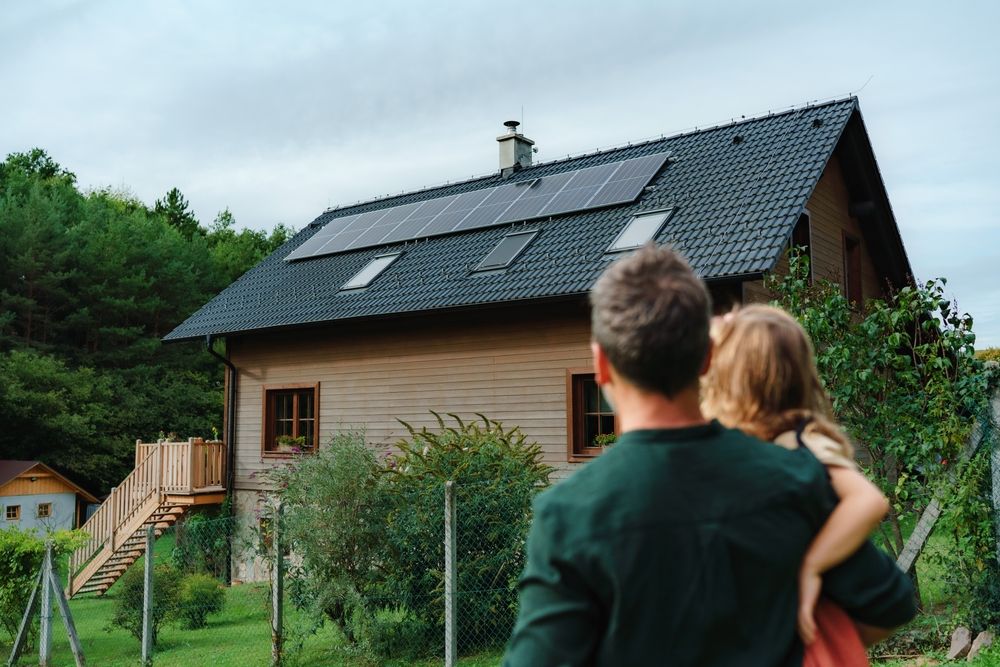
In an era where technology seamlessly integrates into our daily lives, smart tech investments have become not just a convenience but a savvy financial strategy. As the world embraces these innovations, consumers are discovering that certain gadgets and systems not only make life easier but can also save significant amounts of money over time. In this article, we’ll explore some of the most effective smart tech investments that can lead to long-term financial savings. Whether you’re a tech enthusiast or a budget-conscious homeowner, understanding the potential of these investments could have a considerable impact on your wallet.
Energy-Efficient Smart Home Devices
Topping the list of smart tech investments are energy-efficient devices designed for your home. Smart thermostats, like the Nest or Ecobee, learn your habits and preferences to optimize heating and cooling schedules, thereby reducing unnecessary energy usage. With the ability to control these devices from your smartphone, you can adjust settings on-the-go, ensuring your home is only using energy when it’s needed. Over time, this can translate to substantial savings on your utility bills.
Additionally, smart LED light bulbs, such as those from Philips Hue, not only use less electricity but can also be programmed to turn off automatically when no one is in the room. The initial cost might be higher than traditional bulbs, but the long-term savings and extended lifespan make them a wise investment. Smart power strips are another underrated hero in the energy-saving domain. These strips can cut power to devices that are in standby mode, eliminating the ‘vampire energy’ that many electronics consume even when they’re not actively in use.
Investing in Smart Appliances
Smart appliances represent a significant upfront investment, but they can offer savings that make the initial expense worthwhile. Refrigerators, washers, dryers, and ovens equipped with smart technology can optimize their own energy use. For instance, a smart washing machine can detect the optimal amount of water for each load, reducing water consumption and heating costs.
Modern smart fridges can help minimize food waste—a substantial hidden expense in many households—by keeping track of expiration dates and reminding you to use items before they go bad. Furthermore, some models can even suggest recipes based on the ingredients you have on hand, aiding in efficient meal planning and shopping. As smart appliances continue to evolve, their potential to contribute to financial savings will only grow.
Smart Security Systems and Cameras
Home security is an area where smart technology not only offers peace of mind but also financial benefits. Traditional home security systems often come with hefty monthly fees for monitoring services. In contrast, many smart security systems and cameras can be monitored from your smartphone, eliminating monthly fees. The initial investment in these systems can be recouped over time as you save on those recurring costs.
Moreover, installing a smart security system can lead to discounts on home insurance premiums. Insurance companies value the added protection that smart security systems provide and may offer reduced rates as a result. Not to mention, the ability to check in on your home remotely can prevent costly incidents like burglaries or water leaks that can lead to expensive insurance claims.
Smart Water Management
Water is a precious resource, and its conservation is not only environmentally responsible but also financially prudent. Smart irrigation systems can ensure that your lawn and garden receive the right amount of water at the right time, eliminating water waste. These systems can adjust watering schedules based on weather forecasts, soil conditions, and plant types.
Inside the home, smart water monitors can detect leaks early, preventing damage and saving on water bills. Given that even a small, undetected leak can lead to a significant increase in your water bill, a smart water management system can quickly pay for itself while also contributing to water conservation efforts.
Solar Panels and Smart Energy Storage
The transition to renewable energy sources is perhaps the most significant shift in smart home investments. Solar panels, combined with smart energy storage systems, can drastically reduce your dependence on the grid and lower your electricity bills. While the initial cost of solar panels is still considerable, tax incentives, rebates, and the long-term savings on energy costs make them a compelling investment.
Smart energy storage systems, such as the Tesla Powerwall, allow homeowners to store excess energy generated during the day to use at night or during peak hours when electricity is more expensive. This ensures you’re maximizing the use of the solar energy you produce and minimizing what you need to buy from the grid. As energy costs continue to rise, the return on investment for solar panels and energy storage will only become more attractive.
Investing in smart technology for your home or lifestyle is not just about keeping up with the latest trends; it’s about making strategic decisions that will pay off financially in the long run. From energy-efficient appliances to solar panels, these smart tech investments offer a dual promise of convenience and cost savings. While some may require a significant initial outlay, the long-term benefits can be substantial. As we continue to move towards a more connected and sustainable future, now is the time to consider how these smart technologies can make a difference in both your life and your budget.
